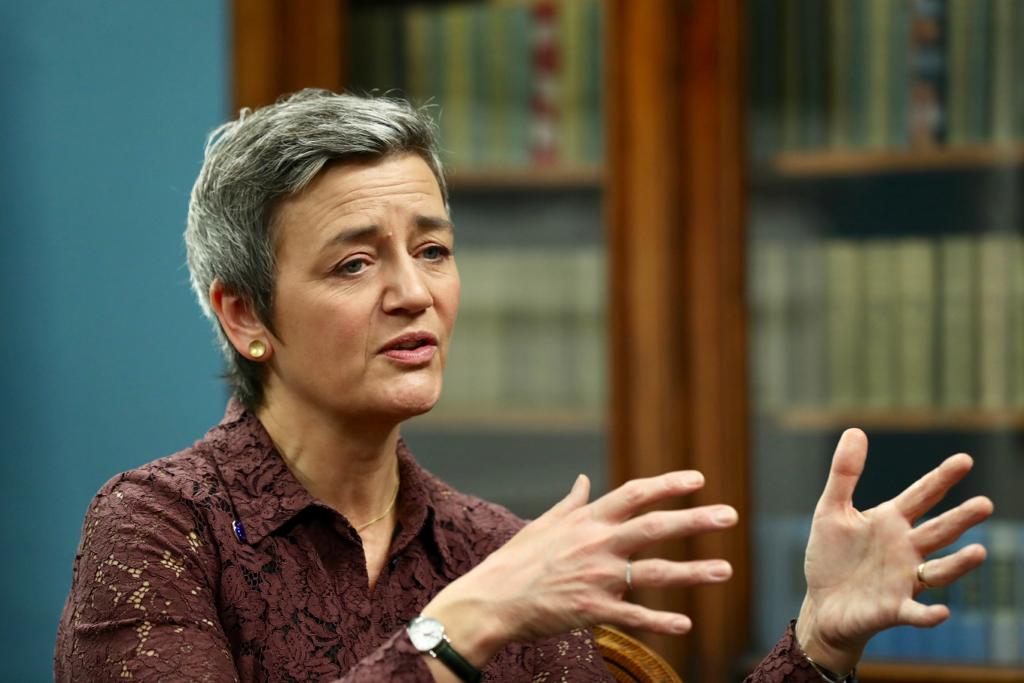EU Aims To Boost High-End Semiconductor Production

2030 Digital Compass plan would see EU producing 20 percent of world’s high-end semiconductors by 2030, with first quantum computer running in five years
The European Union wants to produce at least 20 percent of the world’s cutting-edge semiconductors by the end of the decade, under plans to be presented by the European Commission on Tuesday.
The proposals also call for a focus on technologies such as quantum computing and cloud infrastructure.
The “2030 Digital Compass” plan aims to reduce the bloc’s “high-risk dependencies” on key technologies from the US and China.
It comes at a time when the Covid-19 pandemic has highlighted such dependencies, while a global semiconductor shortage has forced auto plants around the world to suspend production.

New foundry
The EU has reportedly debated potentially establishing a new foundry as part of a plan to boost semiconductor production.
The new plan emphasises that the EU is focusing on the most advanced semiconductors that are manufactured by only a few companies in the world, including Taiwan’s TSMC and South Korea’s Samsung Electronics.
“It is our proposed level of ambition that by 2030 the production of cutting-edge and sustainable semiconductors in Europe including processors is at least 20 percent of world production in value,” a draft version of the document reads, Reuters reported.
Draft documents outlining the plans were reported by Bloomberg last week. The project is to be announced by European Commission vice president Margrethe Vestager and EU industry lead Thierry Breton on Tuesday.
Quantum computing
The plan calls for an investment into quantum computing technologies that would see the EU running its “first computer with quantum acceleration” by 2025 and arriving “at the cutting edge of quantum capabilities by 2030”.
Quantum computing could be crucial in developing new medicines and for faster genome sequencing, the plans reportedly say.
The project calls for 10,000 climate-neutral cloud infrastructure facilities by 2030 to strengthen Europe’s cloud infrastructure and for a doubling of the number of unicorns, or companies valued at $1 billion (£720m), by improving access to financing.
The EU is to establish a monitoring system to establish whether targets are being met, with the Commission publishing an annual progress report.
The proposal, which was called for by member states in October, must be approved by both member states and the European Parliament.